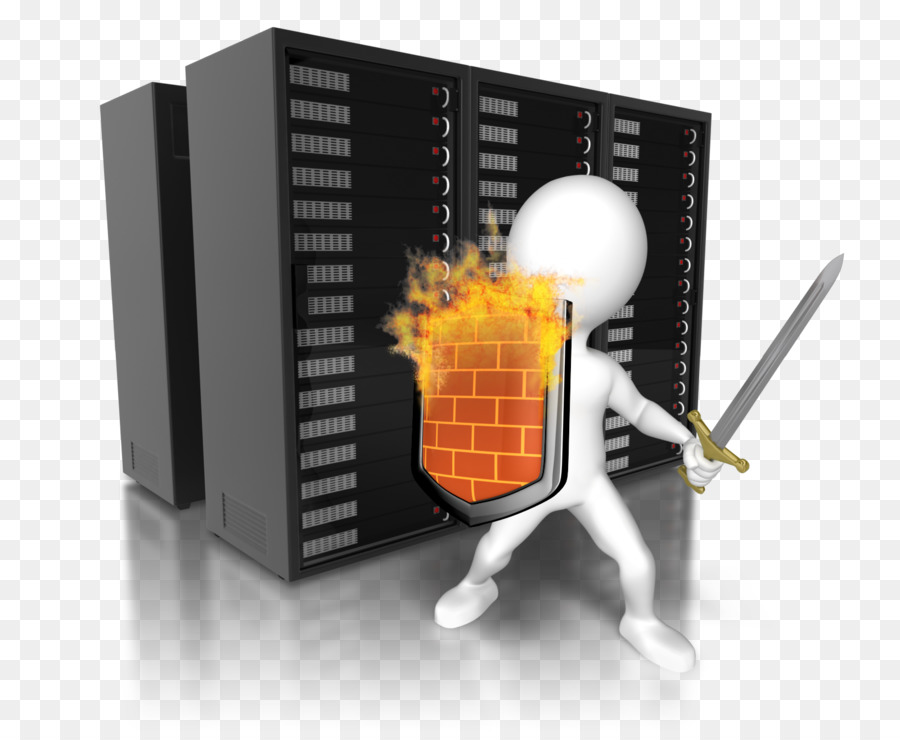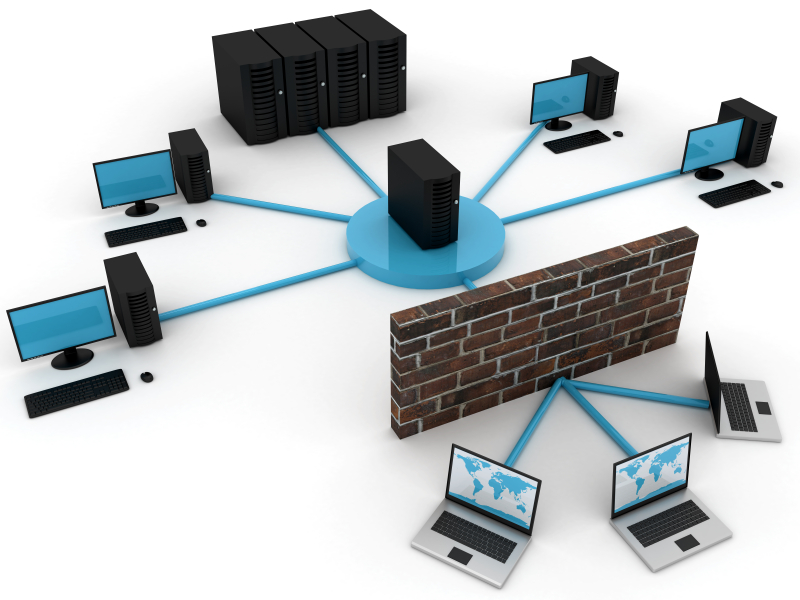
Remote computer network management
We all agree that the coronavirus pandemic has somehow affected the security of IT infrastructure around the world.
Not just security, the organization of IT services as a whole. Indeed, in order to adapt to pandemic requirements such as population containment, most companies have had to migrate to telework. This led to the immediate effect of opening up computer networks to outside access. On the employee side, private and professional life have unfortunately mixed up. A system that has in a fairly practical way put a strain on all the it systems and digital infrastructures of companies.
This article will also interest you: Managing privacy on social networks
Covid-19 was also one of the causes for mass migration to the cloud.
"The Health Crisis linked to CoVid-19 has a significant impact on business IT. Indeed, IT teams must adapt to a new normal that mixes hybrid (present and distance) ways of working, reducing as a skin of sorrow the boundary between work and personal life (office life, but at home) putting a strain on the networks/infrastructures and the "objects" it counts within it. This is to ensure a good user experience, but also continuity of service. Thus, the network of companies and their dedicated team had to quickly manage the changes induced by the hybridization of work (massive use of the cloud, telework, implementation of new computer tools on the network, shadow IT). explains André Schindler, EMEA Managing Director at NinjaRMM.
"Corporate networks support high-value operations that store private data, provide communication channels, and support all aspects of the organization. IT professionals must maintain high levels of network service, enhanced security and constant visibility of IT infrastructure. Thanks to the widespread digital transformation, the modern business network has become increasingly difficult for IT services to manage. he adds. In this case, the use of remote monitoring and management methods that before the health crisis was very important becomes literally necessary.

To some extent in the face of the obligations of information system managers, it can be clearly said that a set of means must be put in place to facilitate the management and monitoring of the computer network: for this, André Schindler proposes 4 good practices to the subject:
1- Always keep an eye on the network: in other words, the head of the it system must ensure that he has a clear and clear view of all devices connected to the computer network. It must also observe all the data flows and quickly resolve problems, of course, knowing how to anticipate them before they occur in most cases.
2- Opt for the optimization of computer and human networks: regardless of the IT strategy, one should ensure that we have enough manpower for network monitoring and if that the quality of the equipment sufficient for a much more efficient job. In other words, investment should be optimal in human resources and it equipment resources.
3- Be considerate: it is important to anticipate the evolution as well as the needs that may be announced in the future. Indeed, today's IT requirements cannot be the same as time goes on. Of course, we have to find a way to adapt all of this.
4- Protecting yourself from the computer threat: today the question of protection is more than a given. Indeed, it is well known that the computer threat is growing more and more. You have to prepare and equip yourself accordingly.
Now access an unlimited number of passwords:
